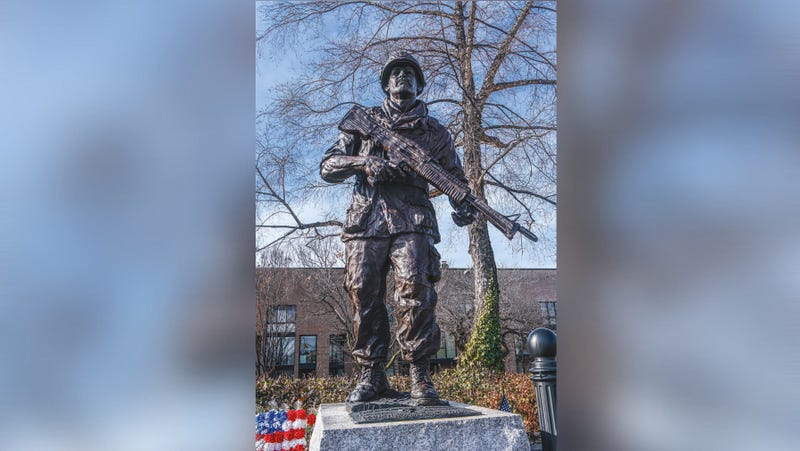
PHILADELPHIA (KYW Newsradio) — Known as a good-hearted, fun-loving guy, Michael Crescenz was the one who always stood up against bullies and looked after others.
He was tall and athletic, but not in an intimidating way. His big smile wouldn’t allow for it, said Kevin Ferris, co-author of a new biography about Crescenz, titled “No Greater Love.”
“It was a good reminder that yeah, we’re recognizing the war hero, but there’s a real guy back here who is really much loved by friends, family,” Ferris said.
In 1968, Crescenz was killed in action while serving in Vietnam. “No Greater Love: The Story of Michael Crescenz, Philadelphia’s Only Medal of Honor Recipient of the Vietnam War,” details Crescenz’s life and legacy based on accounts from his family, friends and people who served with him.
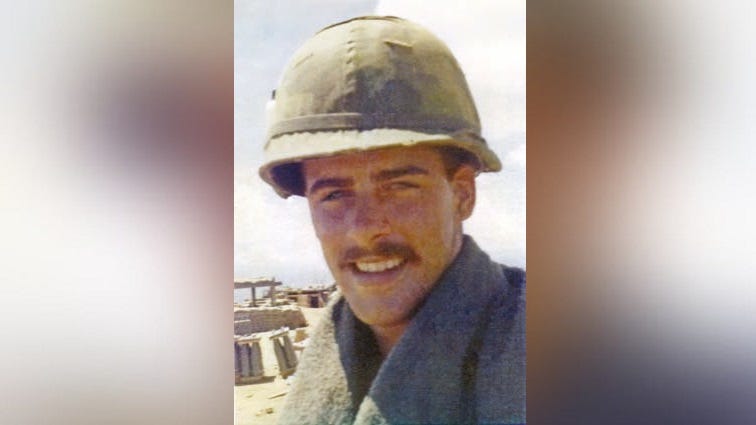
“In recognizing Michael and what he did, and his sacrifices and service, it was a way to honor so many others from the Vietnam era,” Ferris said. “This has been a good way to look back and say thank you to them.”
Crescenz was born in the West Oak Lane neighborhood of Philadelphia, the second-oldest of six boys. He went to Cardinal Dougherty High School in the 1960s. Soon after he graduated, he enlisted in the Army.

Military service was in his family’s blood; four of the six boys served. Joe Crescenz was one of the two brothers who didn’t join, but not because he didn’t want to.
“I told Mom at the dinner table that night that, ‘Yeah, I’m gonna be heading on down to the recruiter office in the morning,’” Joe recalled. “She said, ‘Over my dead body. My three already have done it, you’re not doing it.’”
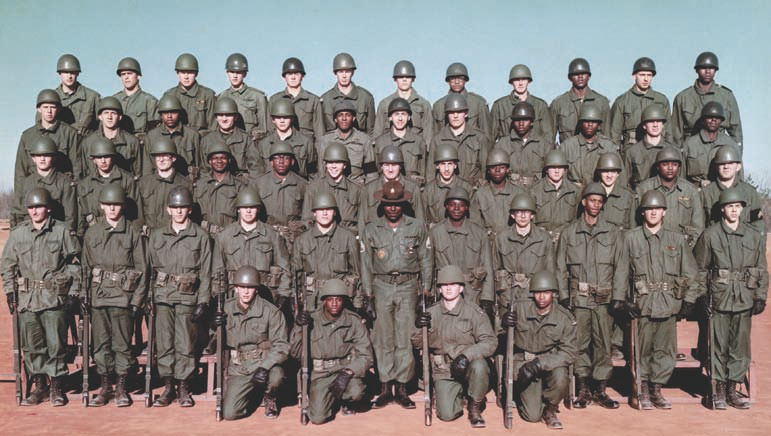
Before leaving for Vietnam, Michael visited his friends and family. His going-away party actually doubled as his oldest brother Charlie’s coming-home party. Joe still remembers the last thing their mother ever said to Michael.
“Mothers know. She looked him in the eyes and said, ‘Don’t be a hero,’” he said. “She knew. She had a premonition. I found out later that she said she dreamt that he wasn’t coming home.”
A couple months into deployment, Michael was stationed at Nui Chom Mountain, where a seven-day battle would inevitably ensue.
A few days in, his unit was ambushed. While they were under fire, Michael picked up an M60 machine gun — it wasn’t even his weapon — and took out three bunkers.
He caught up to William “Doc” Stafford, the medic at the scene. Doc said Michael looked at him and proclaimed “I got this” before he charged into a fourth bunker, where he was fatally wounded by the fire.
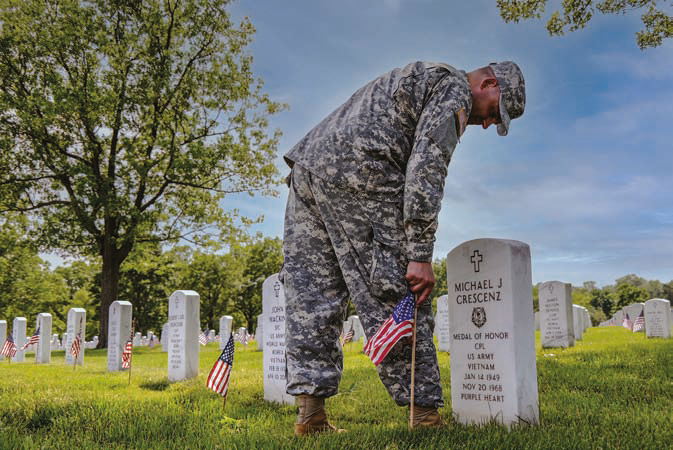
A few days later, U.S. forces took over Nui Chom Maintain, Doc told Ferris.
“Doc Stafford says in the book … he got to have a life because of what Michael did that day, and other people will say the same thing,” Ferris added.
In 1970, Michael was awarded a posthumous Medal of Honor, the highest award in the military given for acts of valor and bravery.
A service member can nominate a comrade, or a citizen can ask their congressperson to submit a nomination. Either way, it must be known what the nominee did in battle. Oftentimes, acts of valor aren’t recognized because there are no surviving witnesses to tell their stories.
“You’ll often hear Medal of Honor recipients say, ‘I didn’t do anything that other people aren’t doing all the time, I just happen to get recognized for it,’” Ferris noted.
Although recognized highly, nothing signified Michael’s bravery in his hometown. Streets or posts are often named after Medal of Honor recipients in their hometowns, but not Michael. At least until 2014, when fellow Vietnam veterans sought to change that.
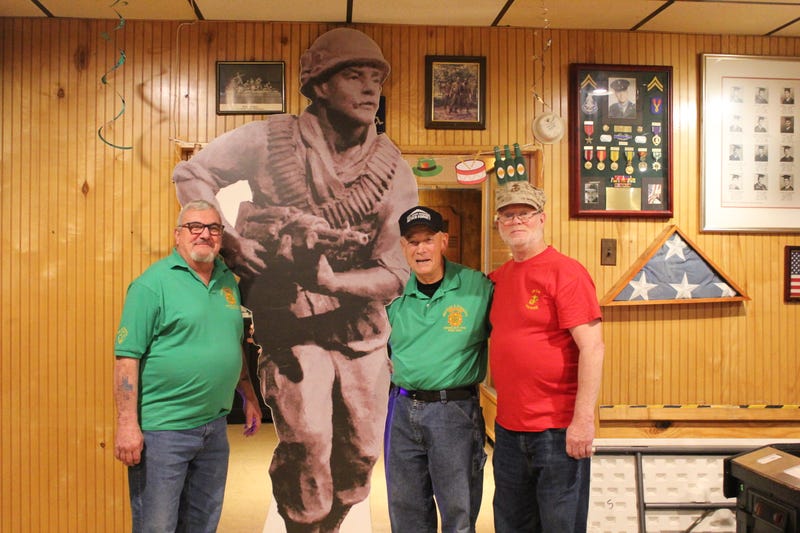
VFW Post 2819 was renamed in his honor, followed by the VA hospital a year later. In 2016, they erected a statue of him at Philadelphia’s Vietnam Veterans Memorial at Penn’s Landing.
“This is for the sacrifice of Philadelphians from that war,” Joe said. “That’s why these guys did what they did; to honor Michael and all the other men that never came out.”
You can hear more about Michael Crescenz’s story and what he means to the local veteran community on this episode of The Jawncast in the player below or wherever you listen to podcasts.


